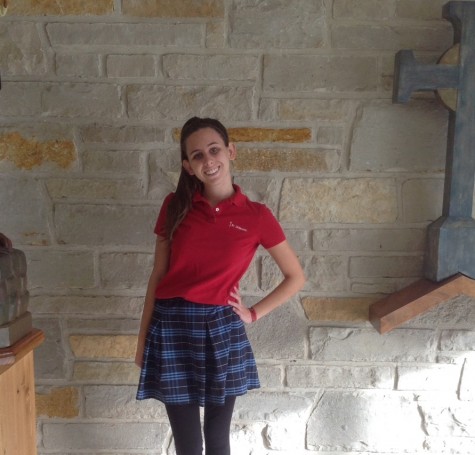Black Lives Matter to the Catholic Church
On August 8, Bishop Edward Braxton of Belleville, Illinois, addressed a crowd of people at the Cardinal Rigali Center about his pastoral letter: The Catholic Church and the Black Lives Matter Movement: The Racial Divide in the United States Revisited. His address was eye opening and inspiring for all as he gave people a new way to approach the recent racial tension.
Bishop Braxton began by focusing on the controversy associated with the phrase “black lives matter.”
“Black lives matter and all lives matter are not incompatible with one another. All lives do matter…but people of color have often been excluded from ‘all lives,’ and in this instance it is their lives, not ours, that are in peril,” said Bishop Braxton.
He elaborated further by saying that Black Lives Matter must refute all violence and recognize the plight of other marginalized groups. Bishop Braxton gave the example of author and Holocaust survivor Elie Wiesel (many of you may know him from his novel Night).
“Elie was a champion for all civil rights, not just Jews. Black Lives Matter could take a note,” said the Bishop.
At the end of his address, the floor was opened to questions. Bishop Braxton made several points throughout the night that prompted me to ask the following during the Q&A session: As a teenager, what practical steps can I take to bridge the racial divide? Bishop Braxton’s first piece of advice was to read and learn.
“Read serious articles. Dive deep; don’t just listen to everything CNN or Fox News feeds you,” said Bishop Braxton.
Media sources definitely have an agenda. Whether liberal or conservative, it is our responsibility to use the education we have been given to discern biases, educate ourselves on the issues and come to our own conclusions.
“We must lower our voices and open our hearts. The racial divide will not be solved by law, but by the conversion of hearts,” said Bishop Braxton.
Secondly, Bishop Braxton said that as Christians we must speak out when people around us say things that are not right. He emphasized that we must not argue, but approach these issues with “a pastoral spirit of compassion and concern.” He also offered some advice that Saint Teresa of Calcutta told him when he worked with her in India.
“I will die and it will not change. I tell my sisters to do what we can. Everyone can do something. There is no excuse for doing nothing,” quoted Bishop Braxton.
Bishop Braxton also suggested that teenagers visit other parishes such as St. Alphonsus, which celebrates mass in the African tradition. Bishop Braxton encouraged teens to join, or even start, a social justice group within their parish or school.
Finally, he emphasized that we must devote ourselves to individual prayer and our sacramental life first. Nothing can work without those two aspects. Bishop Braxton closed with these words: “Listen, learn, think, pray, act. Do not leave even one of them out.” Bishop Braxton’s words of wisdom should be something we strive to live out each day.

Marilyn is a senior who is involved in AD Club, NHS and the Glamour Gals Leadership Team. She has a fascination with all things music and attends concerts...








Dana Siedner-Stout • Sep 2, 2016 at 2:44 pm
Excellent article. Thank you for bringing appropriate and fair attention to this crucial issue.